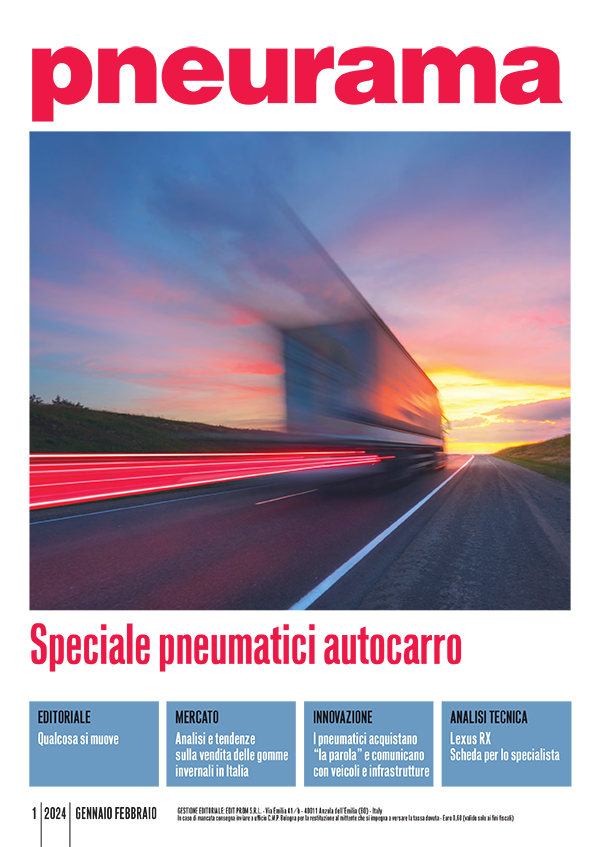Italians are increasingly attracted towards electric mobility and are curious about it, but they are still hesitant when it comes to relying completely on this new technology. In fact, one Italian out of two would be interested in buying a battery powered car, but 43.9% is held back by high costs. And incentives, at this stage, are not sufficiently perceived by consumers. This is the picture taken by Continental in the third edition of the Mobility and Safety Observatory, which this year focuses on electric cars. The study, carried out together with the research institute Euromedia Research, directed by Alessandra Ghisleri, and with Kearney, a global strategic consulting company operating in over 40 countries worldwide, has highlighted the socio-demographic and cultural aspects that currently represent a limit to the diffusion of electric vehicles in Italy.
An analysis of the data shows that mostly young people are in favour of this transition, while older generations, who have the greatest purchasing power, are more reluctant to change. 66.1% of those interviewed who declared themselves inclined towards Bev (Battery Electric Vehicle) belong to generation Y (27-41 years old), are resident in Southern Italy in provincial towns and have a garage where to install a wall box. On the other hand, Baby Boomers (57-75 years old) who live in metropolitan cities in the Northwest are not so interested. In most cases the manifestations of interest remain only an intention. 62.8% of consumers admit to lacking an adequate budget to buy an electric car and incentives do not help, as they are perceived as insufficient. These, in fact, seem to be convincing to only 30% of respondents, specifically the Z generation and those who live in a provincial town. "The 2021 Observatory tells us of a society that is inclined towards the electric transition but does not seem ready to rely completely on this new frontier - said Alessandro De Martino, managing director of Continental Italia -. The lack of clear communication aimed at breaking down public prejudice is a real problem". In fact, from the study, it turns out that three out of four consumers are able to correctly identify an electric or hybrid car on the road, but only 47% know what a plug-in hybrid vehicle actually is. Italian motorists also perceive maintenance costs to be higher than those of traditional petrol and diesel engines.
On the other hand, the management of electric cars is considered cheaper. Electric car are currently considered not as an effective solution to the many problems motorists experience on a daily basis, but as a something capable of bringing about major transformations further down the line: this is the case for more than 29% of those interviewed who think that electric cars will change the world of mobility and driver habits in the future; an opinion that is predominant in members of the so-called generation Z (18-26 years) and X (42-56 years) and among those who, in addition to being interested in purchasing an electric car, reside in metropolitan cities in Central Italy. "When it comes to electric cars - continued De Martino - it is essential to experience them from behind the wheel. To date, only one out of eight Italians has tried to drive a Bev compared to large potential market segments represented by those who live in the country, in detached houses with space for a wall box and travel less than 150 kilometres a day, equal to about 71% of those interviewed. In this transition process, if car manufacturers, rental companies, dealer networks and electricity suppliers work in synergy to provide, for example, fees instead of price lists, including wall boxes at attractive conditions and including traditional cars for longer trips or weekend journeys, we could make great strides towards the goals set by Europe".


